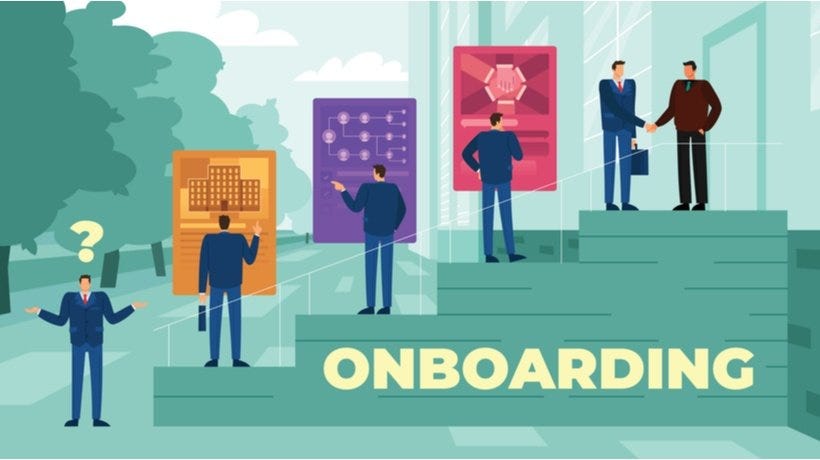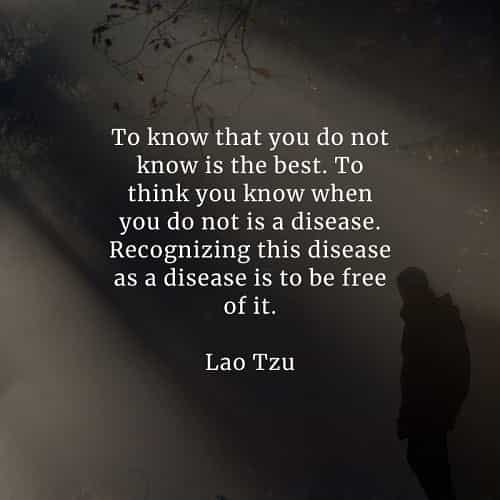1 | OnBored: All abored.
This is OnBored, a very boring blog about onboarding processes. Welcome!

Disclaimer: None of the thoughts expressed in my blog reflect those of any institution I am currently or have ever been affiliated with. In fact, the older this post is, the more likely it is that this no longer reflect those of myself.
Let’s orient ourselves. :)
I’m Kayla. I was born and raised in the suburbs of Atlanta. I’m in my mid-20’s.
This is a blog about onboarding processes. What are they? How do they work? When do they work well? When do they not? Are these even the right questions to be asking?
I studied neuroscience, linguistics, and psychology at Harvard from 2015-2019. I studied social and cultural psychology at the London School of Economics from 2019-2020. Since graduating, I’ve worked in management consulting where I’ve been incredibly blessed to continue thinking about my favorite questions regarding people, relationships, work, and technology.
Today is Saturday, October 29, 2022. 8pm.
Mentally, I’m in one of the rare headspaces that I’m distracted enough to not overthink my first post about OnBored*. But I’m too distracted to focus my attention on other things I have going on.
*OnBored is what I’ve called one of the little headspace clouds that floats above my head, everywhere and all the time.

What I know:
Most (not all) of the onboarding/orientation/training programs I’ve involved myself with were not as useful as I’d hoped they would be.
From what I’ve seen, there isn’t a consistent structure around onboarding programs (perhaps for good reason).
What I don’t know:
Do people other than me find themselves ill-equipped after finishing onboarding programs? Why? Why not?
Are any of these issues consistent across contexts?
I ask this because my thinking has revolved around onboarding at places I’m familiar with: universities, classrooms, workplaces, church, and leadership teams. Of course, there are so many more contexts where onboarding happens…or doesn’t at all… video games, workout classes, book clubs, volunteer projects, life…
Is the ‘onboarding program’ even the right locus of focus? Maybe it’s the individual (and how they experience onboarding), or the content (and the extent to which that content can be ‘taught’ vs. ‘come to be understood over time’) that we need to play around with more.
If the onboarding program is the right locus of focus, are there semantic/language-based reasons why we don’t think about them?
I ask this because ‘Onboarding’ connotes ‘boarding someone on [to something]’. It’s something that’s done to you, it seems? The same goes for ‘training’ and ‘orientation’. Onboarding, from my experience is inherently very active - you have to show up, ask questions, meet people, remember things, document important information, make sure you’re making friends, or - at the least - not scare others off.

If you google ‘onboarding’ you’ll find a lot of graphics that look something like this. We start at the bottom and then all of a sudden ‘we here’. And that’s it. You’re onboarded. Source: eLearning Industry Onboarding expects a lot of you, but (again, in my experience) doesn’t acknowledge that how much energy and headspace it takes.
Onboarding is an extremely necessary, difficult, complex, ambiguous task of coming to know an entirely new environment. At my job, we call it ‘drinking from a firehose’ when you enter a new project.
But must this necessary information come through a firehose? Our bodies only absorb 1 liter of water at a time. Where is the rest of the water going? Do we have jugs around? We could put the extra water in the jugs and drink it when we’re actually thirsty again? Can we divide and conquer this firehose water? Wait, is this water even clean?
What do I think is worth finding out this week?
Are there other conversations people are having about onboarding programs?
Should I limit my questions to the context of corporate onboarding programs?
What’s within our realm of control when designing onboarding programs? What isn’t? In other words, what’s worth me questioning/challenging vs. assuming is an inherent challenge (i.e. letting go, a practice that doesn’t come naturally to me…).



